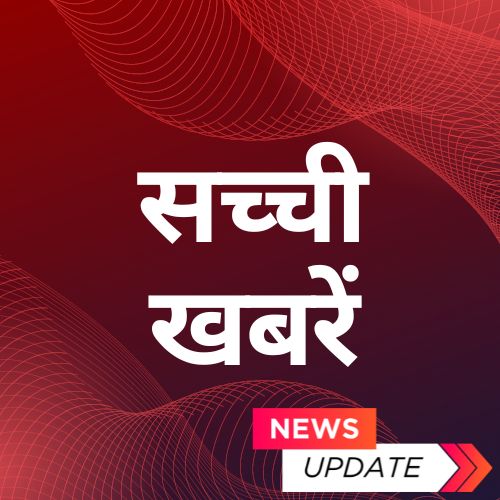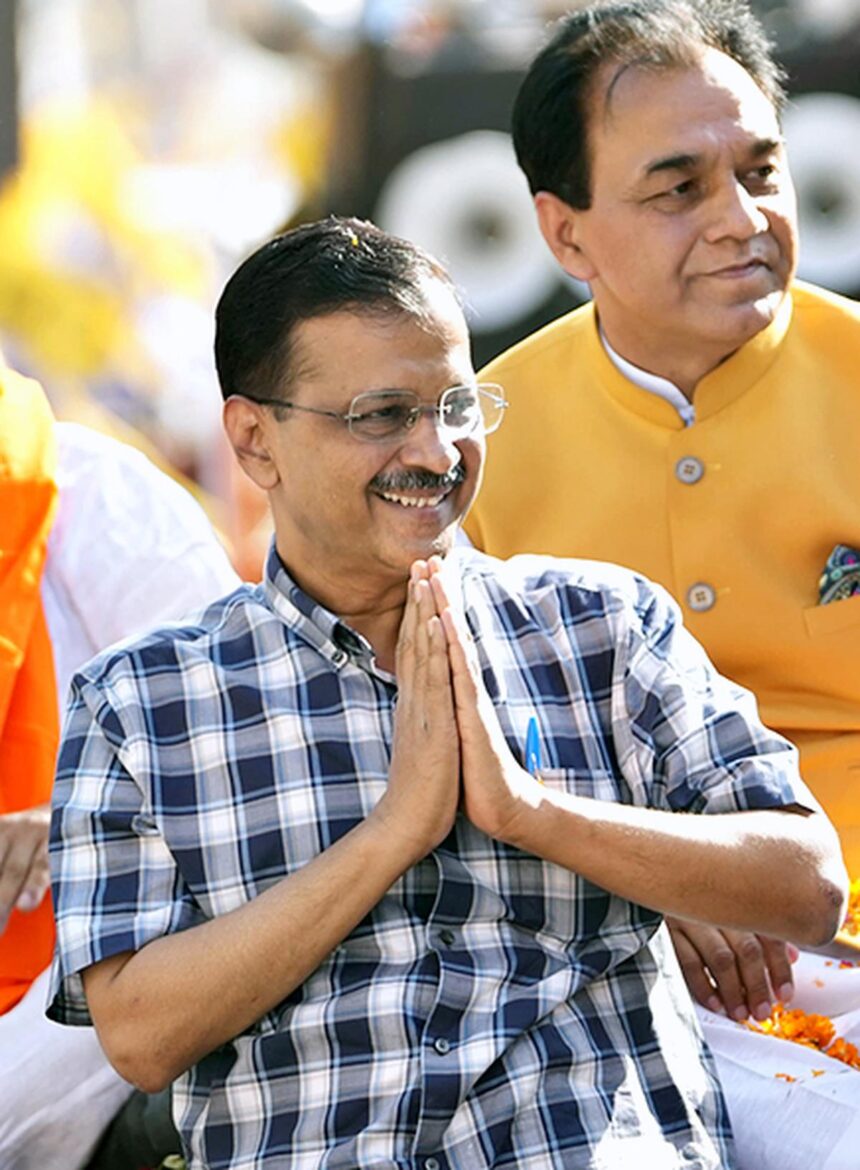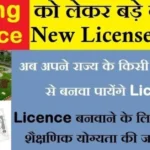Arvind Kejriwal moves Supreme Court, seeks extension of interim bail in excise policy case on health grounds
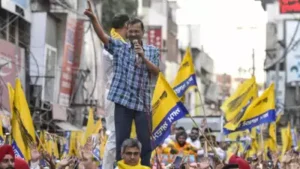
NEW DELHI: With the deadline for him to return to Tihar Jail a week away, Delhi CM Arvind Kejriwal on Monday moved Supreme Court seeking extension of time to surrender till June 9 on the ground that he needed to undergo a comprehensive medical examination to identify whether his “unusually high blood sugar level, rapid weight loss and bouts of dizziness, coupled with palpitation”, were life-threatening.
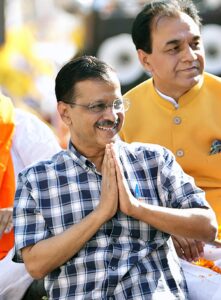
Mr. Kejriwal was ordered to surrender on June 2. In an application seeking an extension of time by a week, Mr. Kejriwal said he had to undergo a series of medical tests, including a PET-CT scan. The interim bail was granted till June 1. The election results are due on June 4.
“There is no gain saying that General Elections to Lok Sabha is the most significant and an important event this year, as it should be in a national election year. Between 650-700 million voters out of an electorate of about 970 million will cast their votes to elect the government of this country for the next five years. General Elections supply the vis viva to a democracy,” a Bench of Justices Sanjiv Khanna and Dipankar Datta had observed in its order.
The court had barred Mr. Kejriwal from visiting the Chief Minister’s office or the Delhi Secretariat. He would not sign any official files unless it was required and necessary for obtaining clearance or approval of the Lieutenant Governor of Delhi.
The order has prohibited him from making any comments with regard to his role in the liquor policy case.
The court had made it clear that the grant of bail was not a comment on the merits of the case or on the pending appeal filed by Mr. Kejriwal against his arrest on March 21.
The eight-page order had rejected an argument by the prosecution agency, Directorate of Enforcement (ED), that releasing Mr. Kejriwal on interim bail to canvas votes would create an impression among the public, worse still, a judicial precedent, that politicians were a separate class, higher in status than the ordinary citizen and immune from arrest.
Every criminal would vie to be a politician, the ED had rued.
